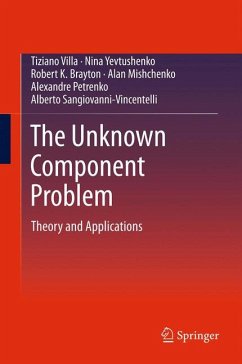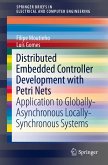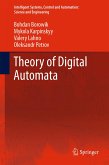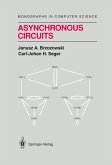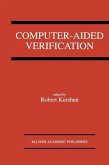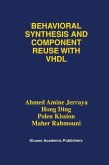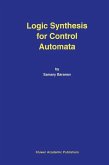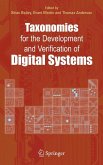The book is a blend of theory and practice, which includes a description of a software package with applications to sequential synthesis of finite state machines. Specific topologies interconnecting the components, exact and heuristic techniques, and optimization scenarios are studied. Finally the scope is enlarged to domains like testing, supervisory control, game theory and synthesis for special omega languages. The authors present original results of the authors along with an overview of existing ones.
Dieser Download kann aus rechtlichen Gründen nur mit Rechnungsadresse in A, B, BG, CY, CZ, D, DK, EW, E, FIN, F, GR, HR, H, IRL, I, LT, L, LR, M, NL, PL, P, R, S, SLO, SK ausgeliefert werden.

